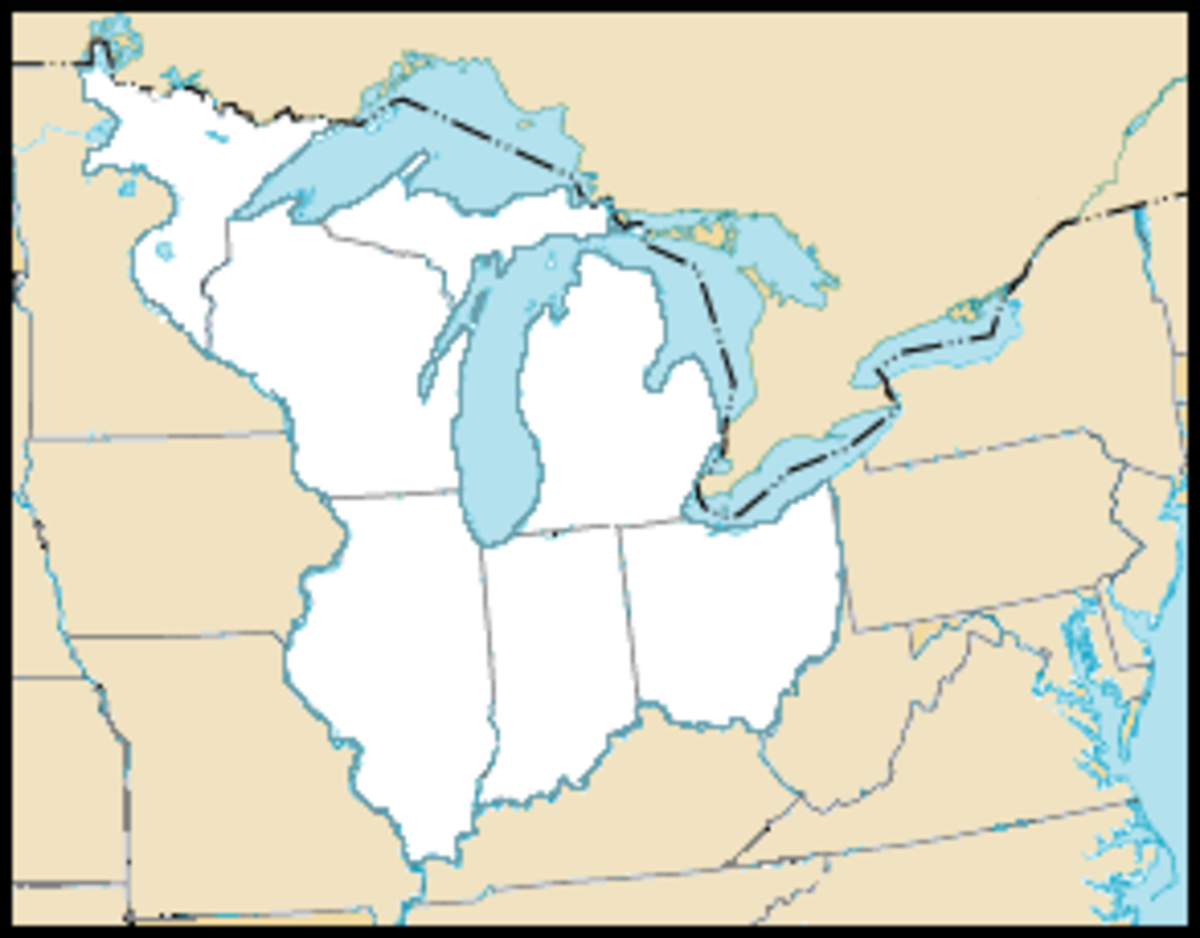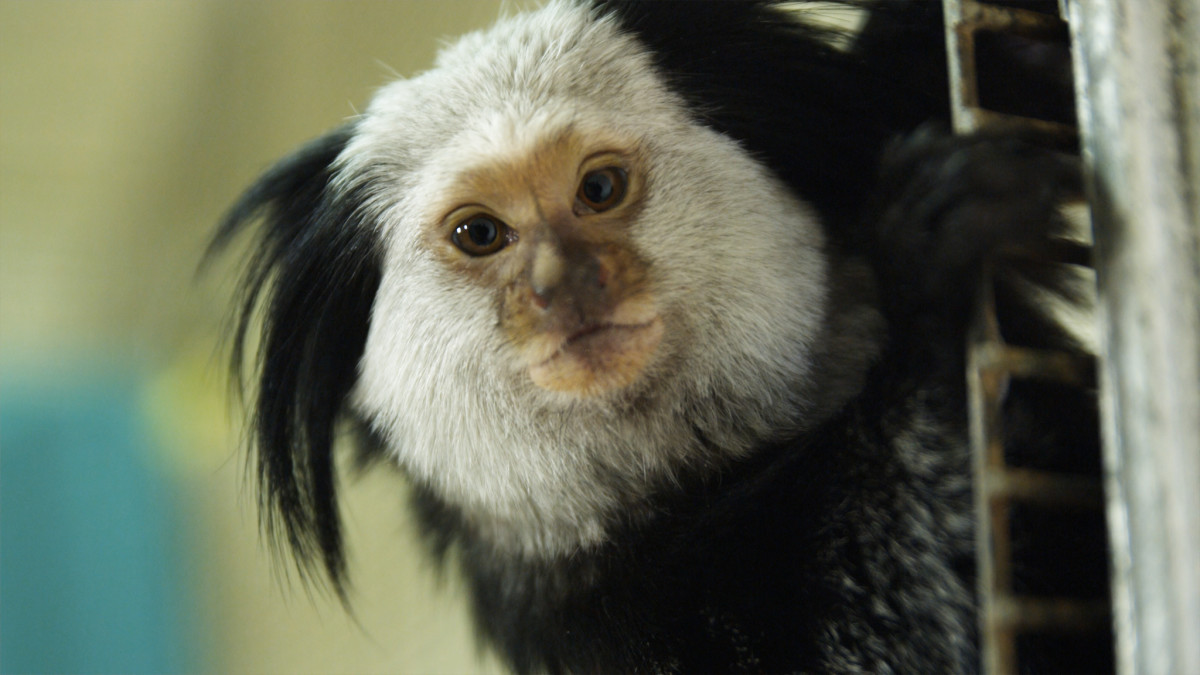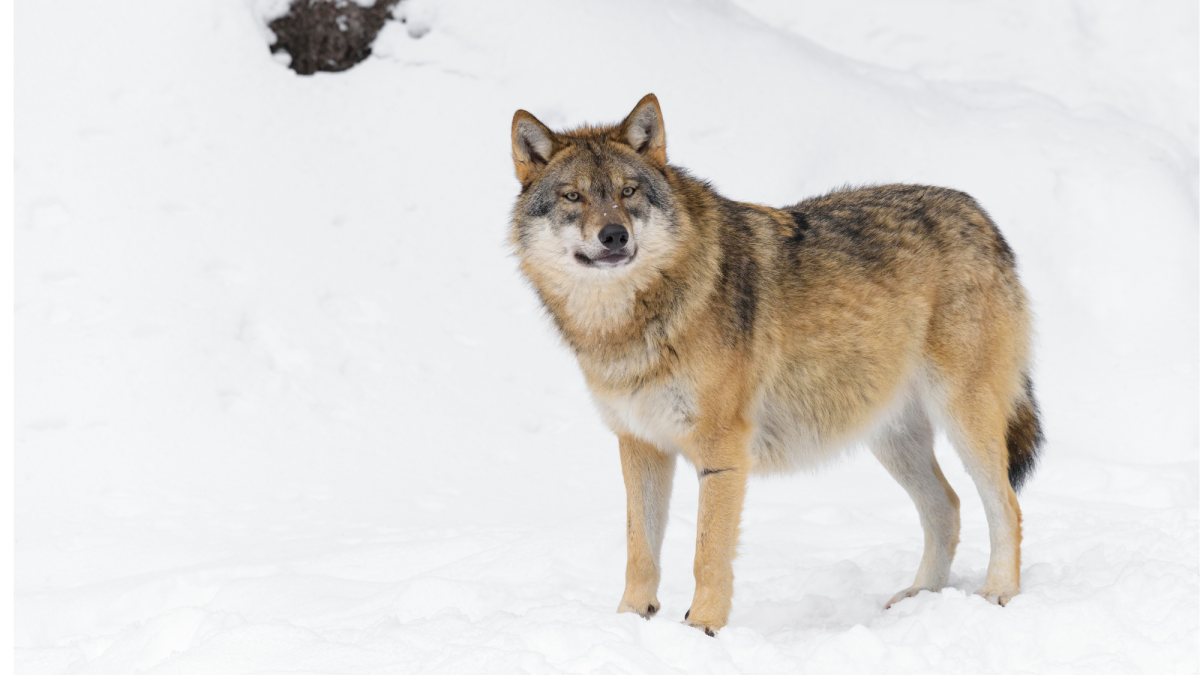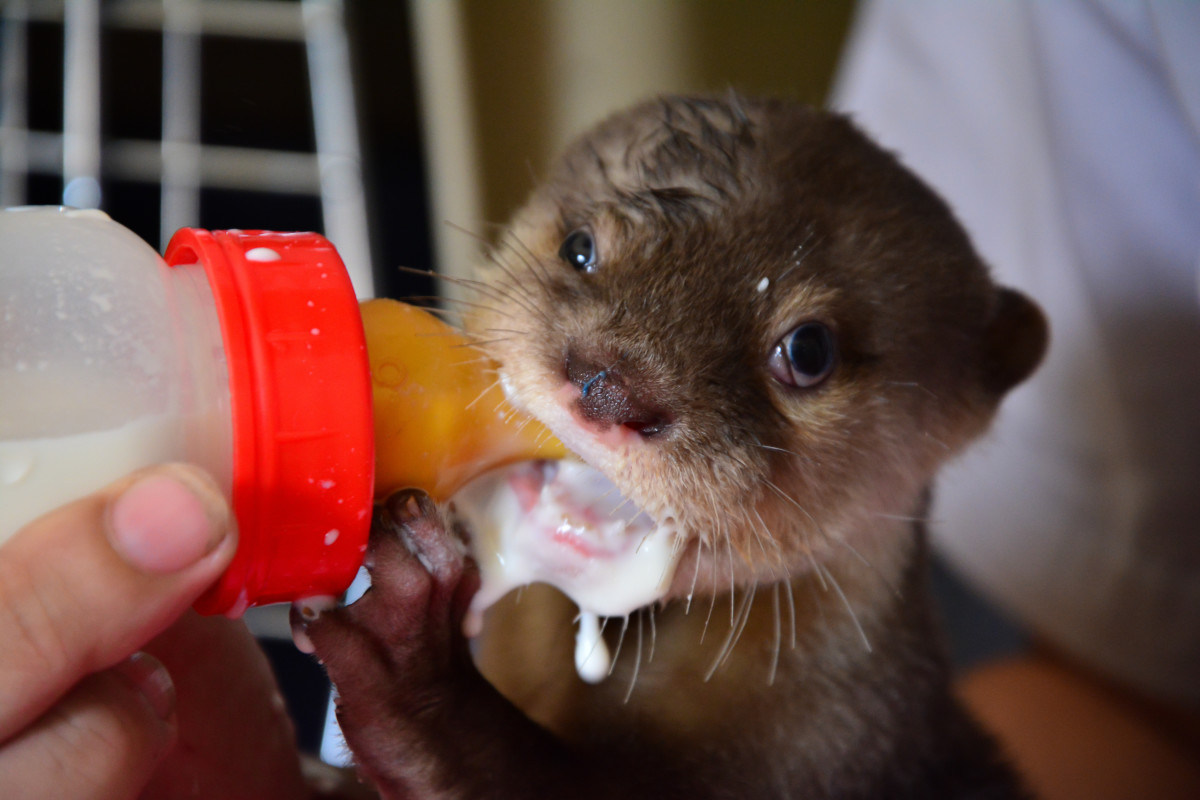Love and Commitment and Chimpanzees
Every Valentine's Day for the past few years, my daughter and I buy a little potted bush of miniature roses. Sometimes they are red, sometimes pink. Red is my favorite color. Pink is Sword's. At first there are delicate buds and then fragrant blooms, and then after a while everything wilts and if I'm not careful, I either overwater or forget to water at all, and the whole tiny, little bush seems to die, becoming brittle sticks in dry dirt. But by then, it's spring outside, and so I take what is left of the little rosebush, and I plant it outside in our messy, untended front garden. And whether I remember to water it or not, it rains quite a lot in the spring, and lo and behold, the little bush comes back to life and continues to bloom all summer and into the fall. What's more, just as I am ready to plant a new forgotten Valentine's bush each year, all the old ones come back to life. So though my commitment to plants is minimal, and my garden is full of weeds, there are always the miniature roses.
People talk a lot about commitment and how important it is in a relationship. They talk about commitment in the very same breath in which they mention compromise and companionship. These concepts have never formed any part of my idea of romantic love.
Everything that I know about commitment first hand, I learned from dogs, and children and chimpanzees.
Chocolate Labs
Love and Commitment and Canines
We have a new dog. He found us one evening outside my daughter's gymnastics class. It was cold and dark and there he was, needy and lonely and just begging us to take him. He was there when we went in to the class, and he was still there when, an hour and a half later, we went back out. My daughter wanted him, We already have a dog. We didn't really need another one, and this one was very big.
"I'll just go in and ask if anyone knows him," I told Sword.
The gymanstics teacher said he was probably a stray. The others who were still lingering also knew nothing about him. "The family that lived in that trailer left two cats when they moved. Maybe it was theirs."
"Take him if you want to," I was told.
I went back outside, but could not see the dog. "Can we have him?" Sword asked.
"Nobody knows him," I said. "But where is he?"
"He's sitting right over there," she said.
I saw him then. "Do you want to come home with us?" I asked the dog. "If you do, come on," I said, gesturing to a place beside my daughter in the back seat and smacking the spot with my hand for emphasis. He jumped in.
When Bow first saw Brownie, his hair stood out, and he was agitated. Later he told me that the dog was not supposed to be here.
"We have to find out if he belongs to anybody," I told him. "If his owner claims him, then he will go. If nobody claims him, he will stay."
I took him to the veterinary clinic which is just across the road from where we found him. They notified the animal shelter, in case his owner might be looking for him, and they also announced his description on a lost pet segment on a local radio show. After a week, when no one claimed him, he became ours.
All this time Sword had been hoping that no one would claim him, while Bow kept asking why his owner had not come for him yet.
Sword and Brownie
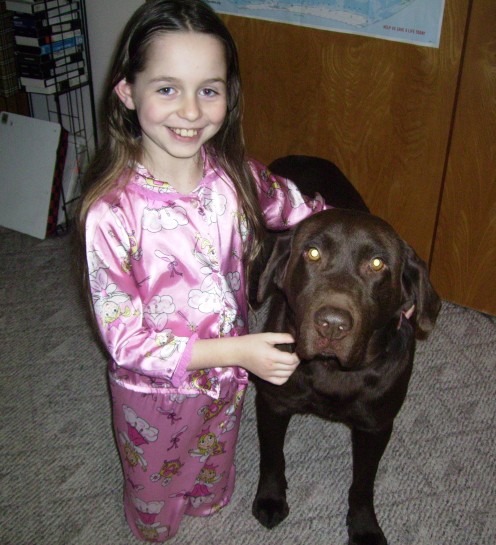
Brownie is a chocolate lab. Sword named him. He's the kind of dog she always wanted. He's very affectionate, loves to be petted, will catch a ball if you throw it, plays fetch and generally lets you know that you're appreciated.
We've had our other dog, Teyman, since my daughter Sword was two years old, but Sword and Teyman can't play together. Teyman is a mixed breed, very small and highly aggressive. Teyman hunts. Before we had our yard fenced in, she would hunt rabbits in the pasture and eat them. One day she even brought home the leg of a calf. I don't know how she managed that! Teyman is not much bigger than a chihuahua, but she is a mighty hunter.
Sword wanted a dog she could play house with. Once, when she was trying to dance with Teyman, she got bitten. Since then their relationship has been more distant. Sword leaves Teyman alone, and Teyman leaves Sword alone.
But Brownie is a dog Sword can play with.
"Why did the man want Brownie to die?" Bow asked me one day.
"Who?"
"Brownie's man."
"Oh." For some reason, Bow had decided Brownie's owner must have been a man. "Well. I don't think he wanted him to die."
"But he didn't give food," Bow persisted.
"Yes, well, maybe he didn't have enough money to buy Brownie food, so he just sent him away so that somebody else would feed him."
"Yes," Bow agreed.
Actually, I have no idea why people abandon dogs. Brownie is housebroken, well-behaved, everything you could hope for in a chocolate lab. Why would someone choose to have such a dog, and then suddenly abandon him?
I don't really know the answer.You would think that making a commitment to a dog would be pretty straightforward.
Bow's feelings about Brownie continue to fluctuate. At times, he seems to identify with Brownie, and at other times he seems to feel a serious rivalry.
One minute he will marvel at how patient Brownie is with Sword, and he'll spell: "Brownie is good."
But if I shower too much affection on the new dog, he will write: "Mommy, don't love Brownie."
The Missouri Compromise
Compromise and Commitment
I have an uncompromising nature. I like to think of it as integrity, but I've heard it called stubbornness or inflexibility, too. I hate compromise.
The other night I was helping Sword prepare for a social studies exam. I was holding some study notes that Sword's teacher had compiled. "Tell me about the Missouri Compromise," I prompted. "When did it take place?"
"1820."
"Right. And what exactly was it?"
When she hesitated, I asked: "Do you know what a compromise is?"
"It's an agreement."
"It's when there are two sides and they each want something different, and then they finally agree that instead of doing what one side wanted or what the other side wanted, they'll do something else, that isn't exactly what anybody wanted." Sword nodded, so I asked: "What was the Missouri Compromise?"
Sword said: "Some people wanted slavery and some people wanted freedom, so they agreed to have a little bit of slavery and a little bit of freedom."
This was on the right track, but it seemed a bit vague. "Okay, so when Missouri entered the union, what kind of state was it?"
"A slave state." She made a face, to show she didn't like this part.
"And what other state entered the union at the same time?"
"Maine."
"And what kind of state was Maine?"
"A free state."
"At the time, how many states were there?"
"There were twelve free states and twelve slave states," Sword answered
"And the compromise was?"
"That there would always be an equal number of slave states and free states."
"Right. And what were the two groups in Congress that reached this compromise?"
"There was one group that wanted slavery and one group that wanted freedom."
I laughed. It sounded as if there was a group of people who wanted to be slaves and another group who wanted to be free, when in fact there was one group who wanted other people to be slaves and another group that wanted other people not to be slaves. Nobody asked the opinion of those who were in fact enslaved what they wanted.
'Why don't we just say that one side was in favor of slavery and the other side was against slavery," I suggested.
Sword seemed to be thinking about this, and suddenly she asked: "So then later more people started to want freedom, and eventually more and more states became free until it was all free states?"
"No, Actually, they had a civil war."
"Oh." This surprised her.
I always expect every compromise to end like the Missouri Compromise, in out-and-out war. How can any two people who each want diametrically opposed outcomes ever reach a workable compromise? They can't. Not if they are equals. There are only two choices: to walk away peacefully, agreeing to disagree (secede from the union, get a divorce) or fight one hell of a bloody fight until one side ends up victorious, while the other is humiliated and crushed into surrender (civil war or its marital equivalent).
But there is a different kind of compromise that can work, and it's one that I discovered only after I became a mother. This is not so much a compromise that you make with someone else, but a compromise that you make with yourself, for the sake of someone else.
Bow watches Sword play on computer

Bow and keys
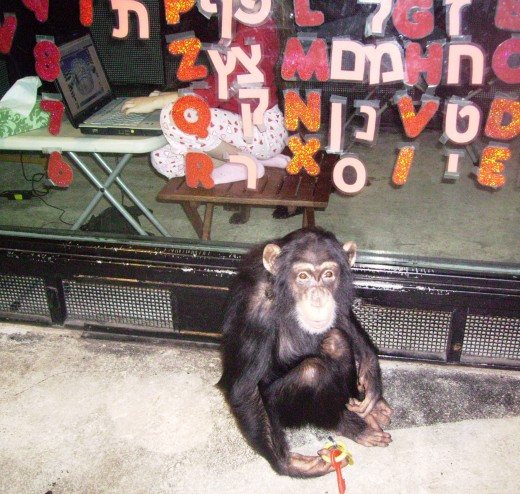
Learning to Stretch
Before I had my children, I had all sorts of ideas of what rights I would grant them right from the start and what freedoms would be theirs. But when a child isn't yet developmentally at the point when he can take responsibility for himself, then rights and freedoms have to be allocated on the basis of realistic expectations. It was not a question of bargaining with the child over the boundaries. It was a question of setting the boundaries to suit the current needs of the child.
With another adult, you can spell out the rules you are willing to live by and walk away if he doesn't abide by them. With a child, the rules have to be reformulated every so often to fit the abilities of the child. The option of walking away isn't there.
We raise children with the idea that they will eventually become self-reliant, but they come into the world completely helpless, and they make progress each at his own pace. You can't bargain with a child over the pace of development. You have to adapt to his pace.
In the outer world, each person is responsible for himself. In a family, the communist maxim of "from each according to his abilities and to each according to his needs" actually makes sense. The reason this works in a family, but not in a republic, is that in a family those with the greatest need and the least contribution do not get a vote on the allocation of resources,
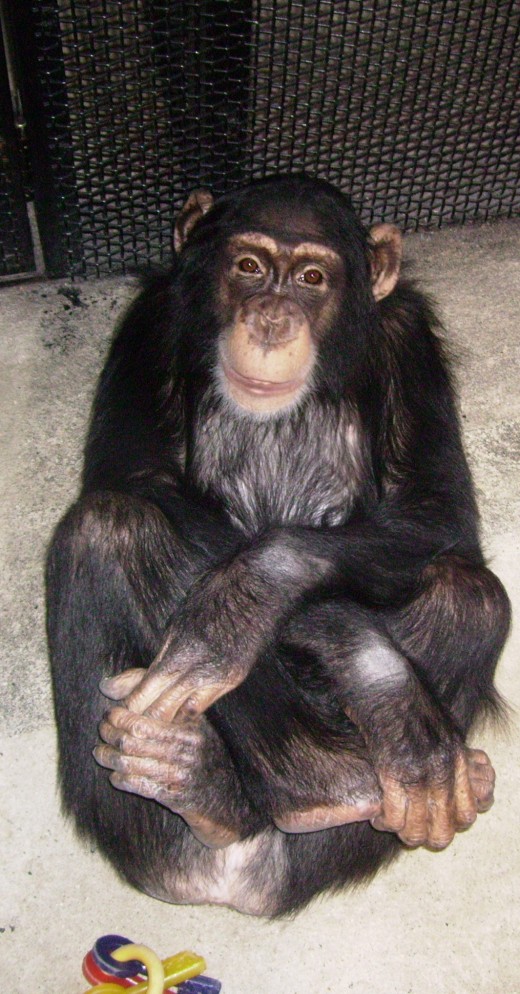
With Sword, I learned to stretch. With Bow, I had to become elastic. I had always thought that I would treat Bow and Sword equally. If I treated them the same, then they would grow up to be the same. They turned out to be very different despite the shared environment. In the nature versus nurture debate, I had erred on the side of nurture. Apparently, nature plays a part, too.
Bow can be very gentle when interacting with another person, but he has no respect for the structural integrity of inanimate objects. It's as if he feels that everything was made in order to be torn apart. He does it to other people's things but he also does it to his own things. He goes into object frenzy and isn't satisfied until nothing is left.
The day came when I was faced with two choices: restrict Bow's freedom or lose him. There were well meaning people among my acquaintances who said: "He destroys things. He is destroying your life. You should send him to a zoo."
I had a commitment to Bow, so the only other choice was to restrict his freedom -- and mine, too. From having him riding on my back twelve hours a day we eventually moved to the pen system currently in use.
I now spend twelve hours of each day in the pens with Bow, unless I have an intern or caretaker helping that day, in which case I get a few hours off . Sword, Bow and I have our meals together in the pens. If Bow can't handle complete freedom, then we have to give up some of ours to be with him.
The pay-off of this compromise has been enormous. It was in the pens that Bow began to use words and then letters to communicate with us.
Brownie and wrapping paper
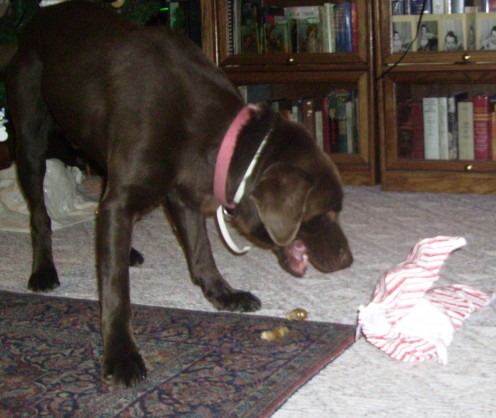
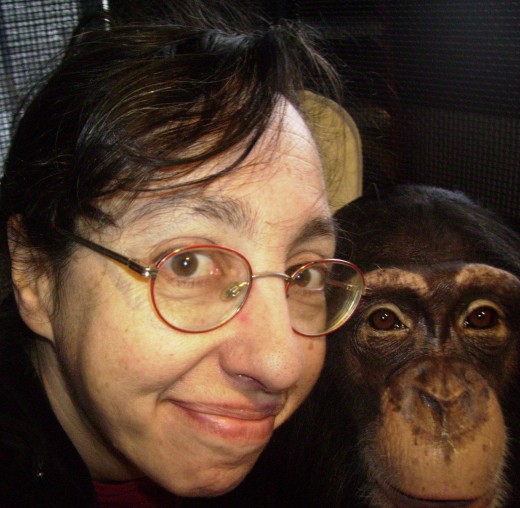
Of Dogs and Zoos
"Brownie is not good," Bow tells me.
We have discovered the new dog's one character flaw. He likes trash. If you leave him unattended with an open trash can or waste paper basket, he will hunt through it and spread its contents on the floor. If you catch him in the act, or right after, he will lower his head and his tail will go between his legs and he cowers and looks very guilty, as if he expects you to beat him. He seems very penitent, but he has no self control and at the next available opportunity, he will do it again.
I've had to seriously rearrange my trash disposal practices, replacing open containers with those that have tight lids.
"Mommy, don't love Brownie," Bow writes, then entices me to a corner of the pen for intensive grooming. When I respond by affectionately grooming him back, he takes me back to the glass and writes: "Mommy, you really don't love, Brownie."
"Yes, she does!" Sword says.
"He destroys things," Bow writes. "Should send him to a zoo."
I'm confused. "Bow, zoos don't want dogs."
Then I look into his eyes, which are searching my face for clues. It registers.
"I'm not sending you to a zoo, either," I tell him.
He gives me a good, long hug, Then he writes: "Brownie is good."






